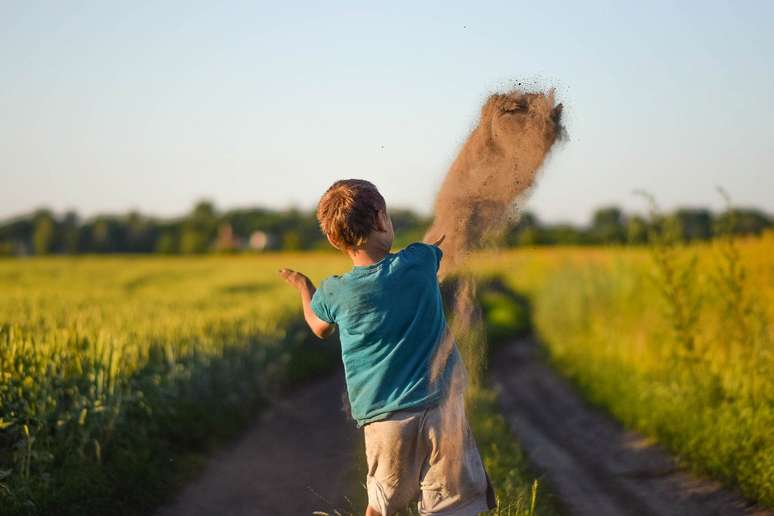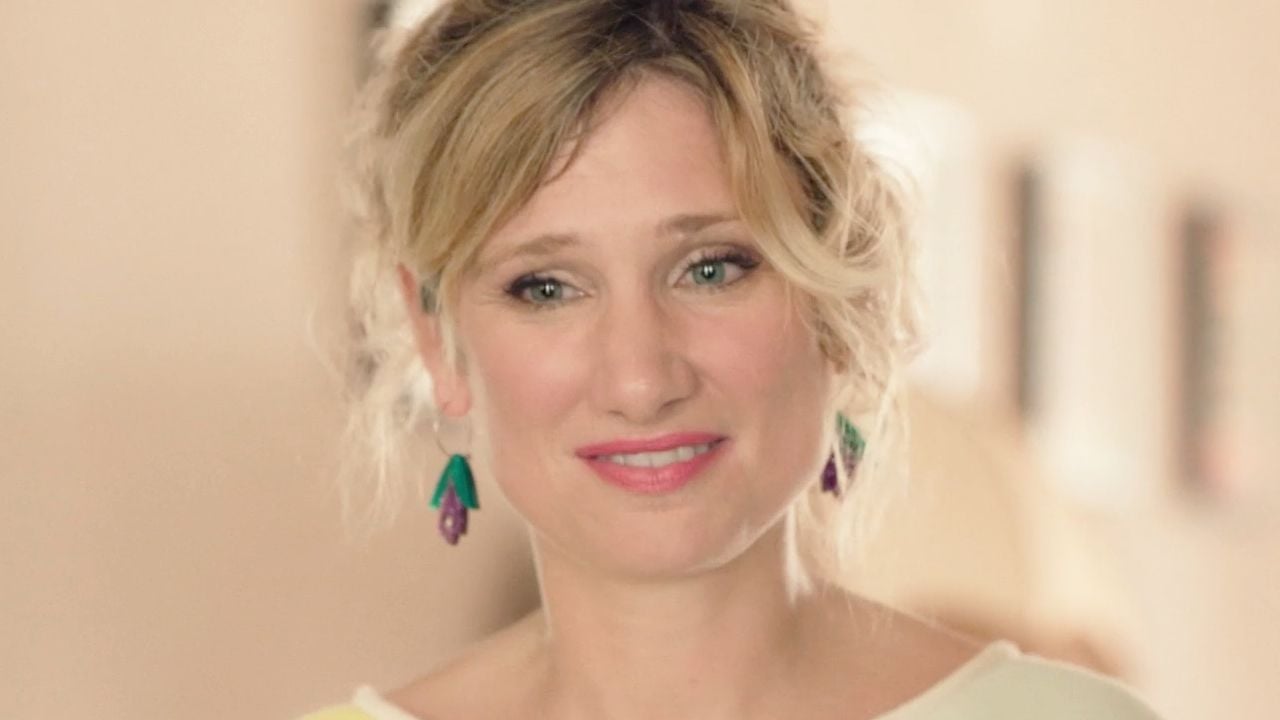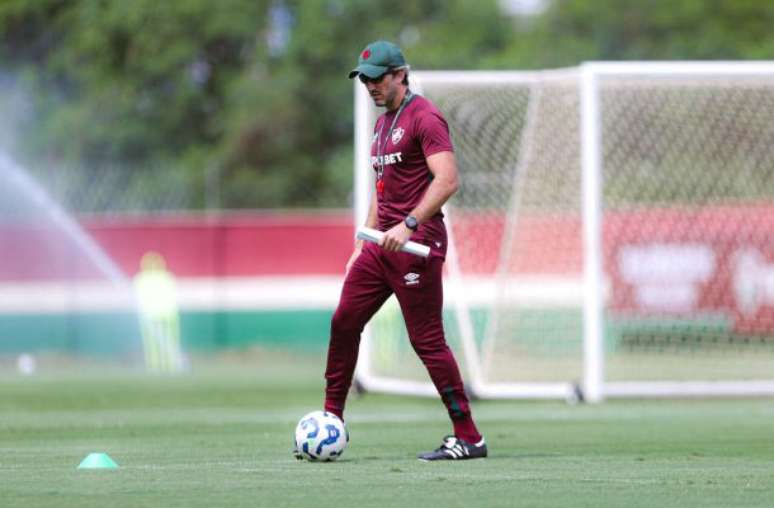The phase is decisive for many of our behavior patterns, including toxic ones
As incredible as it may seem, the idea that children should be protected is a relatively modern concept in our society. This is because the idea of childhood only emerged in the mid-17th century. Before they were practically seen as miniature adults (for this reason child labor was normalized).
Nowadays, even though we know that children are in the brain development and maturation stage, many people don’t seem to fully understand why this stage is essential to a full adult life. Therefore, the Sharp mind spoke with Ana Wasilewski, a clinical psychologist specializing in childhood and adolescence. Understanding the influences childhood has on our lives and what to do with the toxic patterns developed in it.
How can family dynamics in childhood influence how a person deals with conflict in adulthood?
“The dynamics of the family will fundamentally determine the skills that the child will develop to deal with relational conflicts and all kinds of problems. These are called internal working models. At birth, we have some “factory” resources, and it will be It is through the family that we discover what a human being is and how he behaves. Parents are the ‘showcase of the whole of humanity’ and children tend to repeat the behavior of those around them, from the early years, we notice everything that ours does. family works there And then we begin to criticize and look for new internal models. This is a process that can take many years because it is as if the “software” of “how to deal with relationships” is already installed, built with family interactions. Changing this situation can take a lot of time and effort.”
How does childhood influence a person’s emotional development?
“Childhood is one of the great foundations of the ability to manage emotions. During this period, the first experiences of attachment, affection and frustration with the family will teach the person how to feel. There are videos on the Internet, for example, in mothers they pretend that their child has hit his head and the child, seeing the mother comforting him, starts to cry as if he is really in pain, but in reality the child does not know what that experience means until they take care of him teach her how to feel.”
And adolescence?
«It will be the other progenitor. Adolescence will be a time when we take everything we experience at home and put it to the test in the world. Relationships beyond family will become critically important, because it is through them that we will have the opportunity to see if what we have learned so far applies to other spaces. It is a phase of questions and discoveries, marked by internal conflicts and the search for autonomy.
What influence do both have on our traumas?
“Childhood and adolescence will create what will be our ‘triggers’. Triggers are events in which the person, being involved, will have difficulty processing emotionally to react appropriately. These triggers are not just extremely violent events. They can be things that, without us realizing it, take us back to old situations that we were unable to resolve at the time, bringing out a feeling of discomfort. When we have a ‘childish’, i.e. immature, attitude, what happens is that emotionally there we abandon not learning. to deal appropriately with that situation in childhood, then the attitudes of a child – who is a person with few relational skills and resources – are the only available behaviors on which we must act offends people, it helps a lot when the person realizes they were childish in a situation, because then we can work to improve it.”
How can emotional education in childhood prevent the formation of toxic patterns in the future?
“Emotional education is essential to prevent the formation of these patterns in relationships, because it will allow the child to identify their emotions, understand what brought them to the surface, accept their presence: this is fundamental, because many of us already have learned to identify what we feel, but realizing the presence of an emotion considered “negative” leaves us desperate, trying to prevent it from happening – and ultimately expressing them in a healthy way When we learn from an early age to recognize our emotions and deal with them , we also acquire important skills such as empathy, communication, assertiveness, independence and self-regulation. These skills will help build healthy relationships in the future, as they will allow the individual to deal with conflicts in a balanced way, respect the other person’s limits and avoid destructive behaviors, such as aggression, manipulation and self-regulation. passive-aggressive behavior.”
What strategies can be adopted by adults who identify toxic patterns in their childhood relationships?
“It is essential to seek a greater understanding of the origin of the patterns and understand how they manifest themselves. An important strategy is to work on self-reflection, addressing the family dynamics experienced and how these influence your emotional and relational reactions. In addition, the development of skills managing our emotions, such as self-regulation, is crucial to learning to reverse the inappropriate postures we tend to present. Learning to communicate assertively, expressing needs and feelings clearly and respectfully can also help break cycles. Also establish Healthy boundaries, both for yourself and others, will go a long way toward creating more balanced and satisfying relationships.
How can therapy help reverse or mitigate the negative effects of a dysfunctional childhood upbringing?
“Therapy will have different functions, depending on the stage of life the patient is in. Psychotherapy in childhood is very important, because it offers the opportunity to have a professional monitor whether the learned behavior patterns will not cause future harm They are excellent opportunities to intervene together with the parents to analyze and adjust the behavior of the family group. Already in adolescence the person will have already identified many things that he does not like in the family and in himself, but he has difficulty finding new models of behavior. So, therapy works in this way. a space to experiment and reflect on new ways of acting. In adulthood, the person comes full of complaints about himself and his new social environments, but it is difficult to discover where all his previous experiences began. shaped his way of acting. From there new paths can be traced in every moment of life, therapy appears as a space in which the patient will have the opportunity to tell his own story and give meaning to his own stories, even the extremely painful ones. .
Source: Terra
Ben Stock is a lifestyle journalist and author at Gossipify. He writes about topics such as health, wellness, travel, food and home decor. He provides practical advice and inspiration to improve well-being, keeps readers up to date with latest lifestyle news and trends, known for his engaging writing style, in-depth analysis and unique perspectives.








